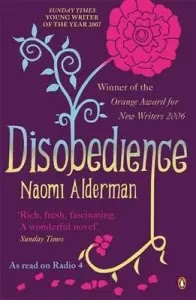Bernardine Evaristo's Girl, Woman, Other and Maggie Shipstead's Great Circle
Girl, Woman, Other by Bernardine Evaristo shared the 2019 Booker Prize with The Testaments by Margaret Atwood, which I read earlier this year. It follows the lives of 12 characters, mostly black British women, over four overlapping decades. In the first part, we meet Amma, a theatre director, her daughter Yazz, and Dominique, Amma's former theatre group partner. Carole, who works in banking, her mother Bummi, and her school friend La Tisha round out the group.
XEM THÊM :
Hướng dẫn cách chơi catte ⭐️ hiệu quả chuẩn cao thủ
Shirley is a teacher whose mother Winsome is retired in Barbados, and she has worked for several years with her colleague Penelope. Finally, Megan/Morgan is a non-binary social media influencer whose relatives Hattie and Grace lived in the early twentieth century in the north of England.
Evaristo's eighth novel is thus essentially a series of pen portraits that form interconnected short stories, and I believe there is sufficient world-building here to call it a novel. Some characters were more interesting to read about than others - Carole was definitely one of my favorites - but together they form a diverse chorus that allows Evaristo to explore weighty contemporary themes like identity, racism, and sexism with levity. Evaristo is frequently described as an experimental author, and much of her prose reads like verse or a play script. She excels at dialogue that accurately captures the way people speak.
Despite having followed the Booker Prize for several years, I haven't read or enjoyed the majority of the recent winners from the 2010s, but 'Girl, Woman, Other' is now one of my favorite modern winners. I also highly recommend the recent BBC documentary 'Imagine,' which chronicles Evaristo's career to date.


.jpg)


Comments
Post a Comment